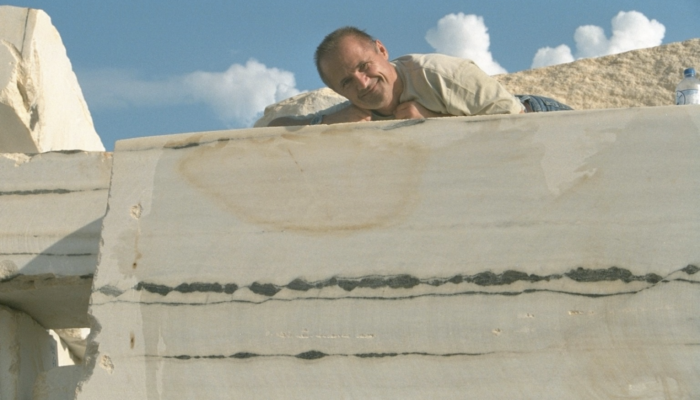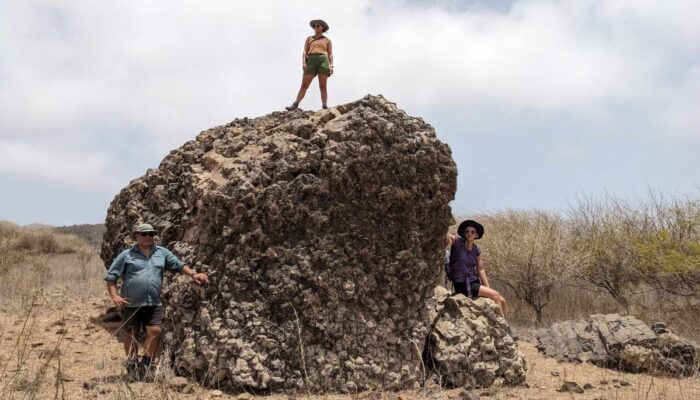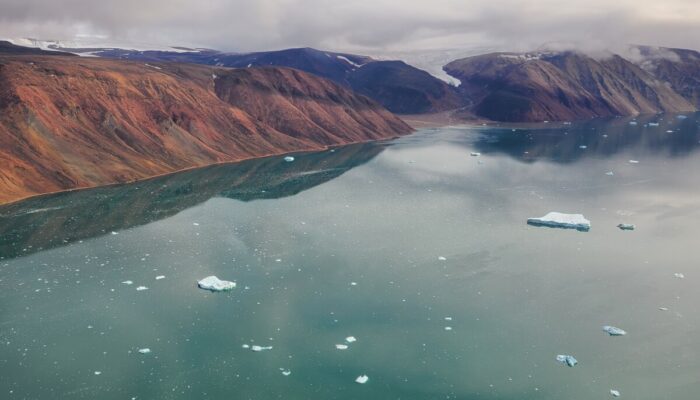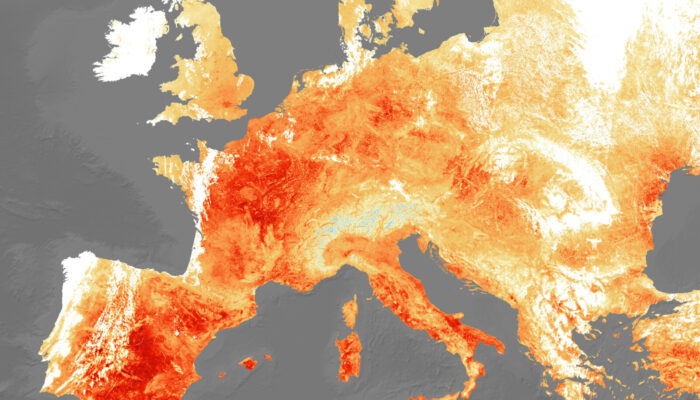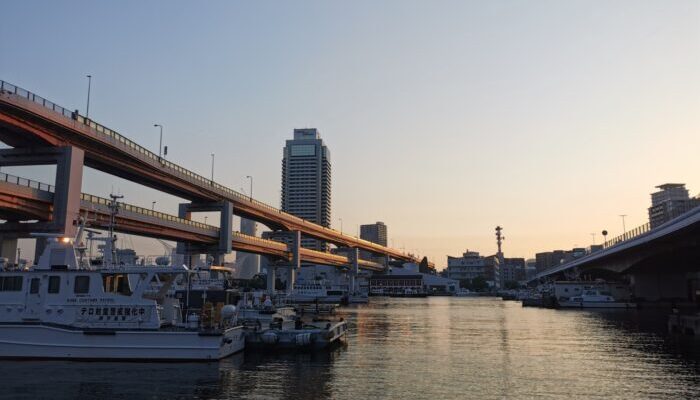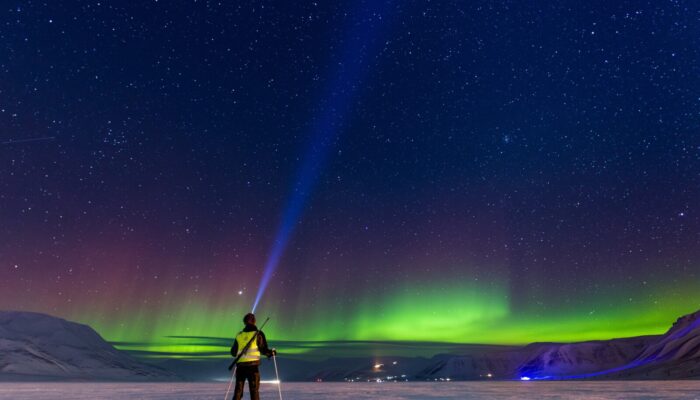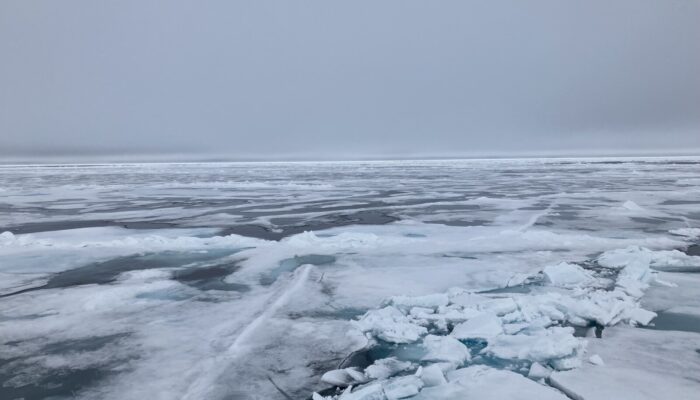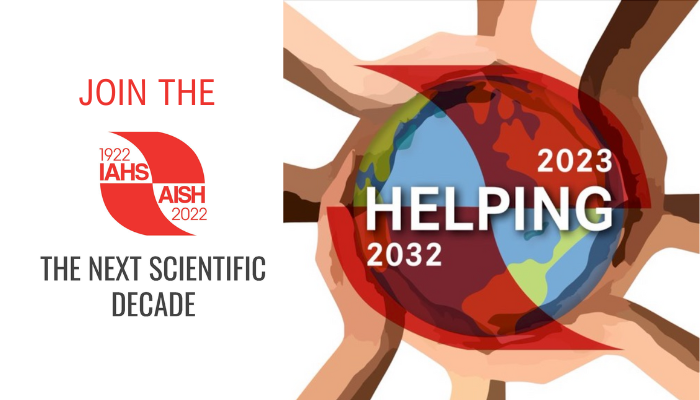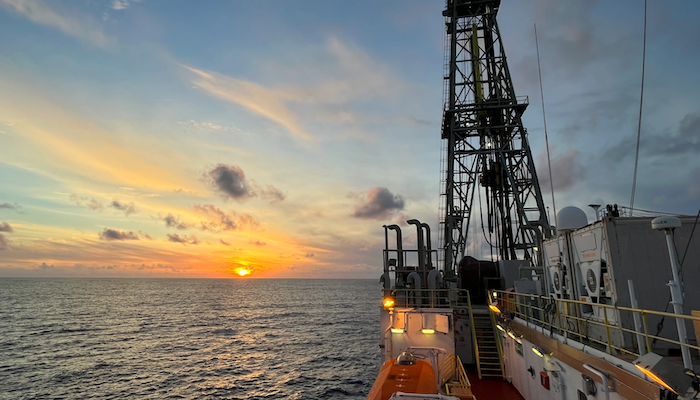As many will know, on Sunday, 28 May 2023, one of the most prominent, energetic and valued members of the Tectonics and Structural Geology community, Emeritus Professor Janos Urai, was lost in a tragic climbing accident in Belgium. Here we remember Janos for the amazing scientist that he was and for the huge legacy that he has left, in the form of his own transformative contributions and the inspi ...[Read More]
If you didn't find what you was looking for try searching again.
Geomorphology
A Day in the Life – Emily Bamber
This blog post is part of our series: “A day in the life of a geomorphologist” for which we’re accepting contributions! Please contact one of the GM blog editors, Emily or Emma, if you’d like to contribute on this topic, or others. by Emily Bamber, PhD Student, University of Texas at Austin Twitter: @Bambi_in_Space | email: emily.bamber@utexas.edu A Day in the Life of Geomorphologists in Par ...[Read More]
Cryospheric Sciences
Looking for the Window during Fieldwork
Arctic fieldwork is a meticulous dance with the ever-fickle weather, where nature’s temperament can determine the course of scientific endeavors. Rain or fog can swiftly put a halt to even the most well-laid plans. This holds true for Greenland, where proximity to the ice cap doesn’t shield researchers from the capriciousness of the climate. In August 2023, the Deep Purple ERC Project ...[Read More]
Geodynamics
Alice in Depressionland
Not all is about internal evolution of Earth and geodynamic processes. It is also important to make the space for ourselves to separate academic responsibilities and personal interests, in a way that equilibrate our health and make the develop of the PhD thesis “easier”. As it was described in previous blogs (as here and here), mental health matters during the PhD pathway especially when the illus ...[Read More]
Nonlinear Processes in Geosciences
ECS SpotLight: The link between European warm-temperature extremes and atmospheric persistence
Persistent atmospheric circulation patterns are not a necessary requirement for warm temperature extremes in Europe. This key finding from a recent study led by Emma Holmberg challenges a more traditional meteorological view of persistence, which typically considers summertime heatwaves, especially in northern regions of Europe, to be synonymous with persistent atmospheric flow patterns. Furthermo ...[Read More]
Natural Hazards
Is culture the missing link to disaster risk reduction?
Sophocles, a great tragic writer of Classical Athens, said that “success is dependent on effort”. When it comes to disaster risk reduction, are we doing enough to develop a culture of resilience and how do cultural factors affect people’s willingness to protect themselves and build an effective disaster reduction and reconstruction mechanism? In 1995 (17/01/1995), Kobe, Osaka (Ja ...[Read More]
GeoLog
GeoPolicy: Insights for the Green and Digital Transition
This month’s GeoPolicy Blog post dives into the Science Europe publication, Science–Policy in Action: Insights for the Green and Digital Transition, which aims to contribute to the development of a framework for Science-Policy Interfaces, map the interface activities coordinated by their member organisations, and identify areas where these activities could be improved. Not only does the report pro ...[Read More]
Cryospheric Sciences
Did you know there’s a (relatively new) treaty for the Central Arctic Ocean?
Even as regular readers of the Cryosphere Blog , you might still be unfamiliar with the large amount of regulation that surrounds the cryosphere – and the research that’s being done on it. As effective regulation of our environment is needed, we need more scientists to understand the law and more lawyers to understand the science. So, brace yourselves and hold on tight, while we run through one of ...[Read More]
Hydrological Sciences
Join the IAHS’ New Scientific Decade: Science for Water Solutions – HELPING
What are the most pressing research topics in the international community of hydrologists? What are people working on? And how can you become involved? Many hydrologists, especially early career scientists, struggle to find answers to these questions. That is where the scientific decades of the International Association of Hydrological Sciences (IAHS) come in. Specifically, its latest one – ...[Read More]
Geodynamics
Into the Unknown: Research Cruises and the Geologist’s Drill
With love for geoscience comes a zest for exploring the natural world. What we want to explore might not always be close to us. But science finds a way, even if it means sailing to the middle of the ocean. This week, we are going to dive into the nuts and bolts of how research cruises work in this blog post by Kuan-Yu Lin from the University of Delaware. Kuan-Yu recently sailed as an igneous petro ...[Read More]

